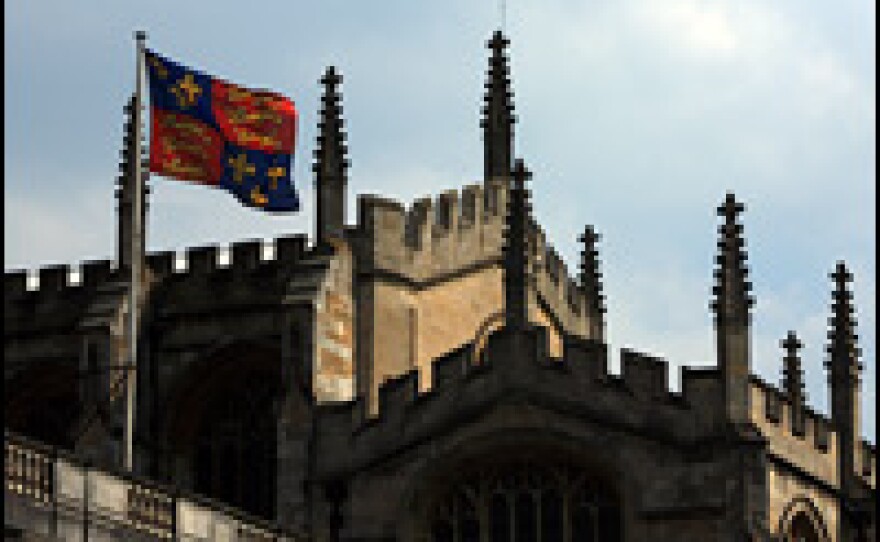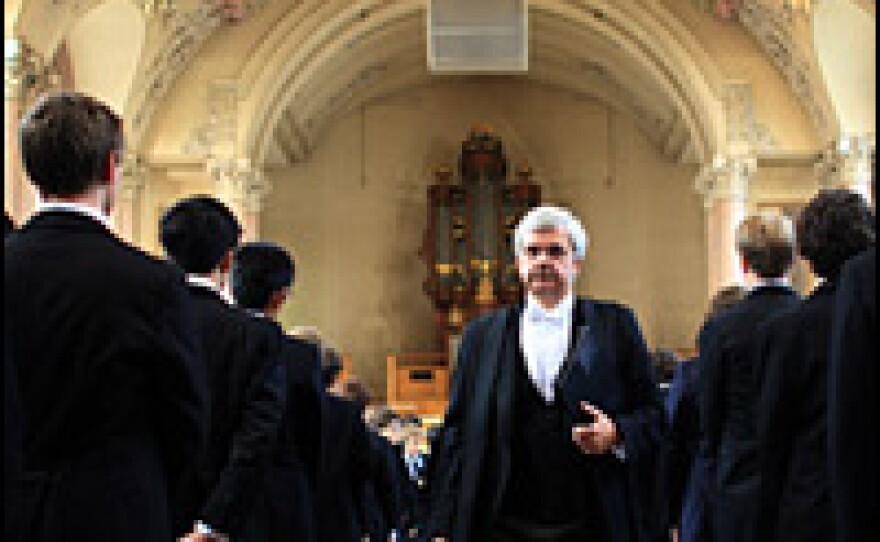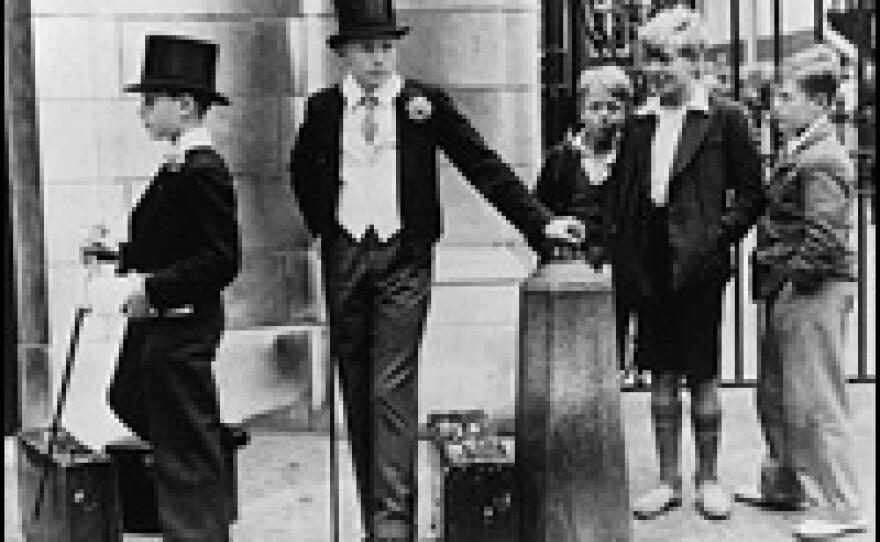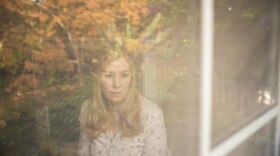


Eton College, the British prep school founded in 1440, has always been synonymous with a certain type of upper-class Englishman. For centuries, attending the boys-only boarding school was a passport to wealth and success.
But in the 1980s and '90s, being an Etonian became a veritable liability in the more meritocratic country of Prime Minister Margaret Thatcher, where people tended to sneer at the "toffs," as the upper classes are still known. In 1990, former Foreign Secretary Douglas Hurd tried to succeed Thatcher by desperately playing down his Etonian background. He lost the leadership battle to the son of a circus trapeze artist, John Major.
But after years in the political wilderness, Etonians are back with a vengeance. The halls of Parliament are crowded with politicians from privileged backgrounds. Many members of the front bench of the opposition Conservative Party in recent years attended Eton and Oxford — just like the party's leader, David Cameron, whose privileged vowels can be heard every week in the House of Commons.
Cameron has also played down his posh — some would say toff — roots. (Most dictionaries say the word toff probably is a variation of "tuft," the gold tassel worn by titled students at Oxford and Cambridge.) Cameron wears open-neck shirts, bikes to work and listens to indie rock music.
But a visit to Cameron's alma mater shows just how privileged his upbringing was.
A Changing Eton
The famous Eton College, in the shadow of Windsor Castle, just west of London, is a beautiful and spectacularly historic place.
But Eton's headmaster, Tony Little, says the school, like the country, has been completely transformed in recent years.
"If I look back over the last 30 years, it seems to me that we have managed as a society to purge ourselves of certain prejudices and assumptions," he says. "Gone is the notion that there is one class born to lead, or born to rule — in the same sense that, perhaps, here at Eton College we no longer take people who register their children at birth and accept them just because of their birth."
Like all the teachers and boys at Eton — there are still no girls — Little dresses in full white bow tie and tailcoat. He doesn't deny there is privilege at the school, but he points to an increased number of children from state schools who attend Eton on scholarships, and to the school's engagement with the surrounding community. He says academic excellence and self-confidence are the most important elements of an Eton education.
Little also says that Britain itself has simply become less obsessed with class.
"We have other issues to deal with," he says, "particularly to do with certain types of ethnicity and, more specifically, to do with religious tensions. That is the story that's come to take the place, I believe, of the rather tired social class consciousness saga."
Letting Go Of 'Old Class Hang-Ups'
Opening the medieval admissions process has brought in a flood of applications, not just from wealthy foreigners but also a broader spectrum of British parents. Michael White of the Guardian newspaper, who has covered British politics for three decades, says like many British institutions, Eton realized it simply had to adapt.
"You suddenly had to be not merely well-connected to get in; you had to be clever as well," White says. "So you had the potent mix of mixing social class and grandeur with brains and hard work. Eton is still up there, and, of course, this is manifest in the return of the Etonians. David Cameron is an Etonian — I can't believe it. I sometimes say to people, 'Well, Britain is such a meritocratic society — we've got rid of many of our old class hang-ups — we don't even mind electing an Etonian anymore.' "
Certainly on the streets of London's East End, working-class Englishmen like Christopher Firth and Mark Allen don't seem to care at all that Cameron, widely expected to be the next British prime minister, is what some people would still call a toff.
"I don't think that makes a lot of difference," Firth says. "I'd never personally considered it. I didn't know he did go to a privileged school."
Allen says, "I don't think that, you know, class or anything like that makes a difference to people nowadays."
So perhaps Thatcher did succeed after all, and the emergence — and acceptance — of more relevant, though still undoubtedly privileged, Etonians is confirmation that a more meritocratic Britain really is here to stay.
Copyright 2022 NPR. To see more, visit https://www.npr.org. 9(MDAzMjM2NDYzMDEyMzc1Njk5NjAxNzY3OQ001))







